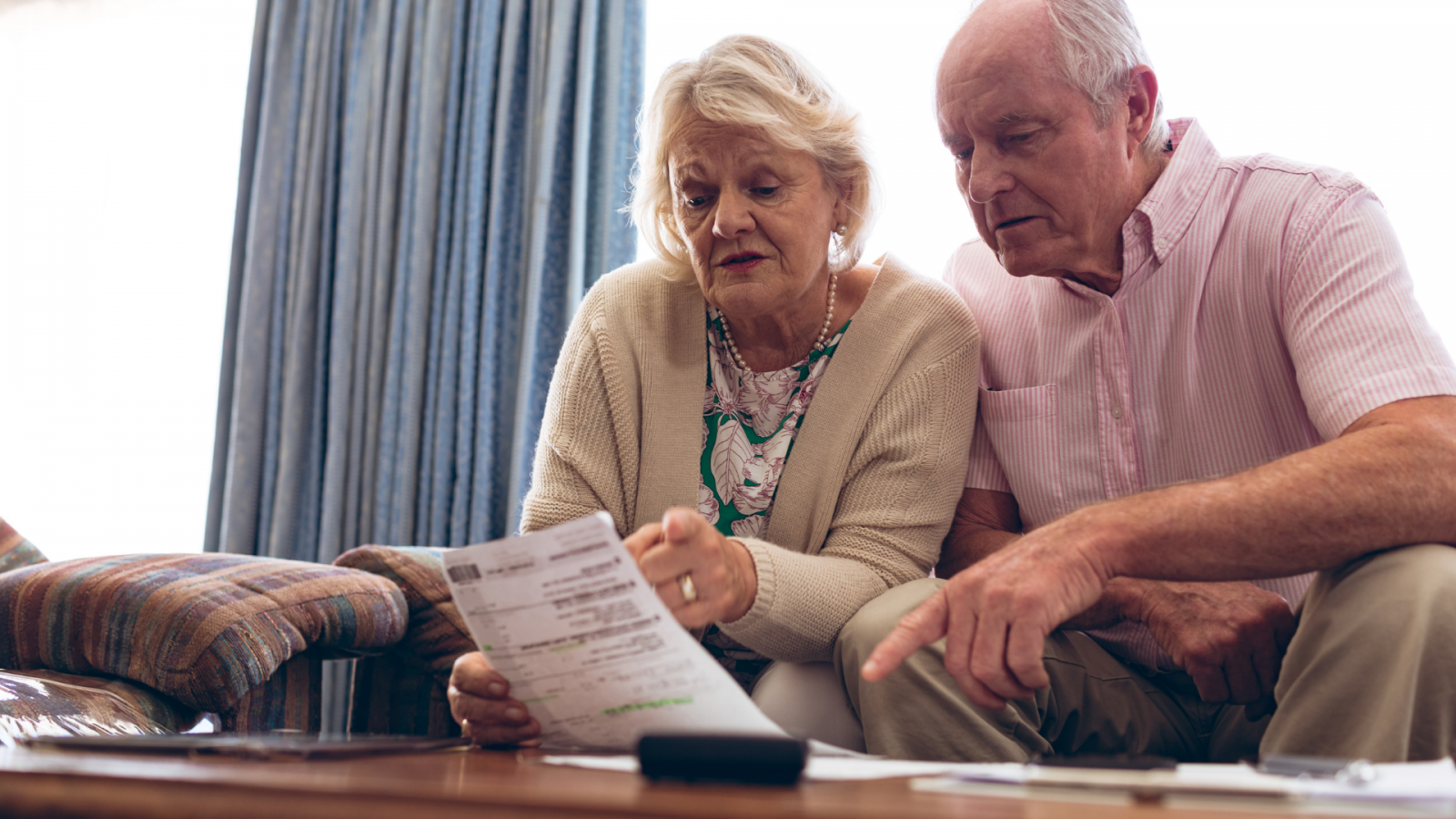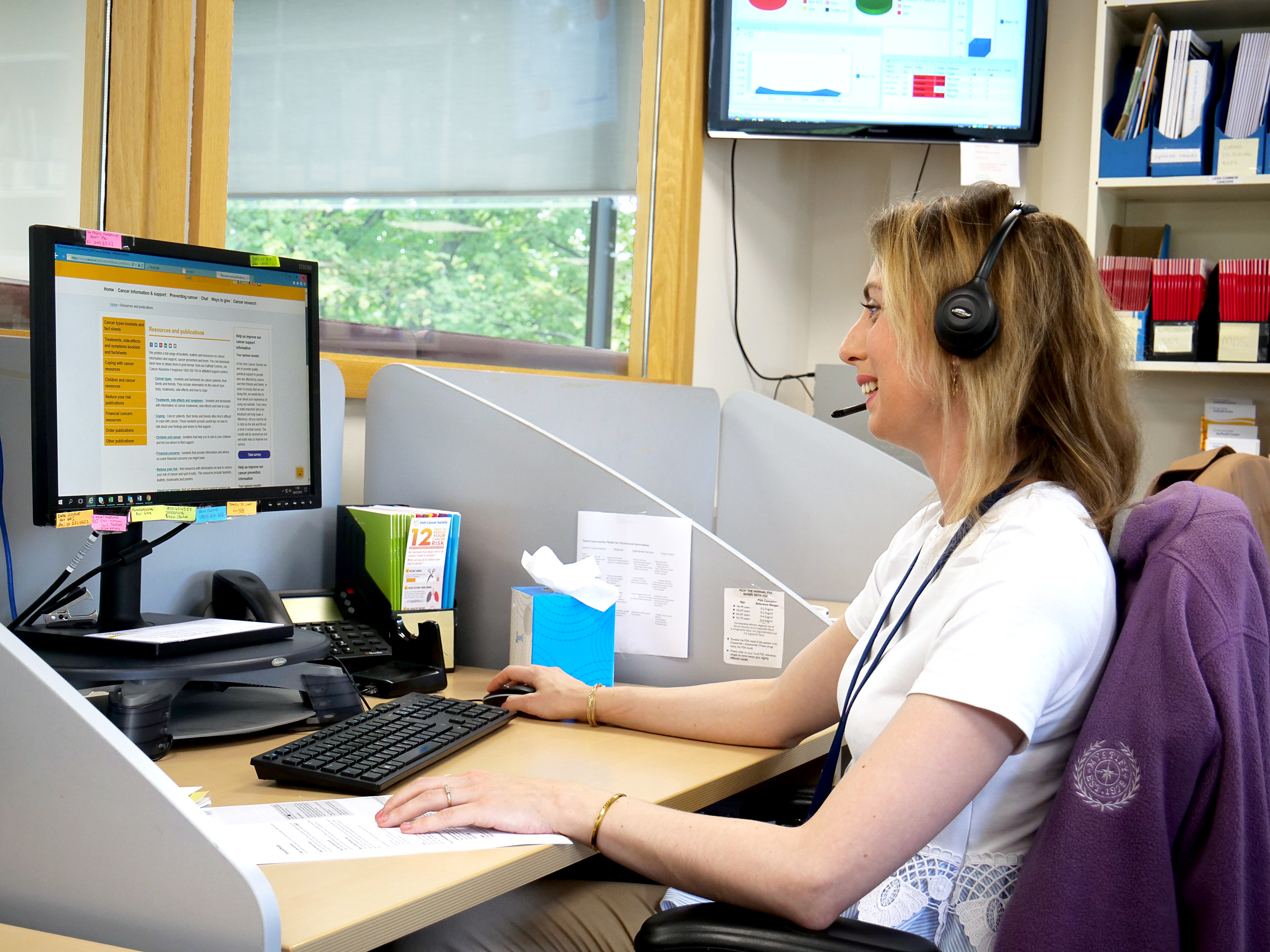Benefits and entitlements

Last revised 28th August 2024
A cancer diagnosis can mean financial uncertainty, as many cancer patients face a loss of income along with increased medical expenses.
You and your family may be entitled to government support such as Illness Benefit, a Medical Card or Carer’s Allowance.
Free legal advice clinic for cancer patients
The Irish Cancer Society partners with Community Law and Mediation to offer a monthly free legal advice clinic to cancer patients and their families who have been refused a social welfare payment or medical card and wish to appeal the decision.
Call our Support Line on 1800 200 700 for more information
Contact the Irish Cancer Society Support Line
If you have worries or concerns about cancer, you can speak confidentially to an Irish Cancer Society Cancer Nurse through the Freephone Support Line on 1800 200 700 or visit your nearest Daffodil Centre.
Monday to Friday, 9.00am - 5.00pm











